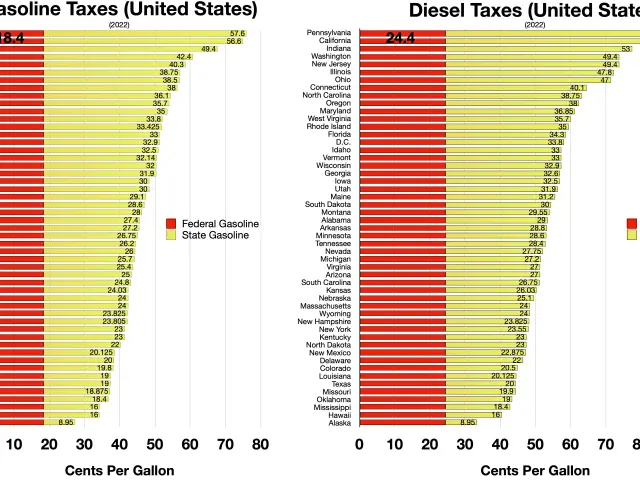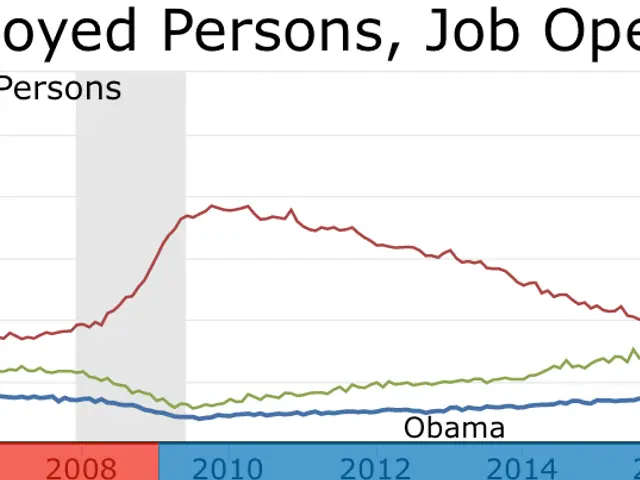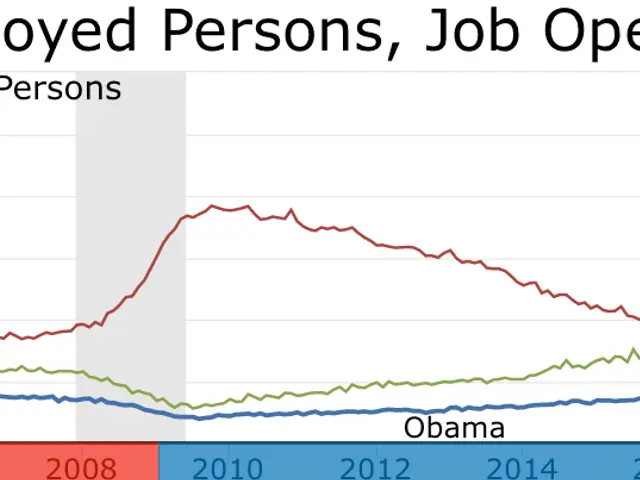Digital Tech Could Cut Germany's 2030 CO2 Emissions by Up to 120 Megatonnes
A recent study by KfW Research reveals that digital technologies could play a significant role in helping Germany achieve its 2030 climate goals. The report, which examined the interplay between digitization and climate neutrality, suggests that these technologies could contribute nearly half of the required CO2 emission reductions.
The study highlights industrial manufacturing and mobility as sectors with the greatest potential for CO2 emission reduction through digital solutions. Accelerated digitization in these areas could enhance Germany's economic competitiveness while also benefiting the environment and climate.
If other fields are included, the potential contribution of digital technologies could even exceed 50%. The report suggests that targeted and accelerated deployment of digital solutions could reduce Germany's CO2 emissions by up to 120 megatonnes in 2030. The net climate impact of digital infrastructure is also significant, with the report finding that it is four times greater in favor of CO2 savings with moderate digitization, and five times greater with accelerated digitization.
The study underscores the crucial role that digital technologies can play in Germany's efforts to meet its 2030 climate goals. By harnessing the potential of digital solutions in industrial manufacturing, mobility, and other sectors, Germany could significantly reduce its CO2 emissions and boost its economic competitiveness.








